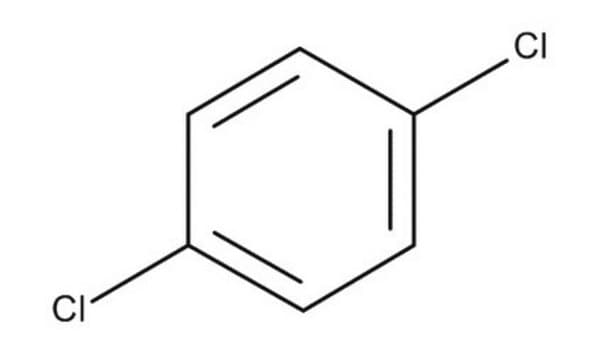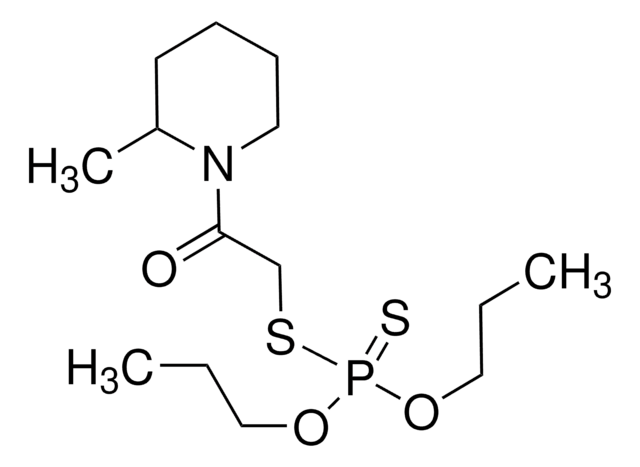47616-U
Toxaphene solution
analytical standard, 200 μg/mL in isooctane, ampule of 1 mL
Synonym(s):
Camphechlor solution
About This Item
Recommended Products
grade
analytical standard
feature
calibration
packaging
ampule of 1 mL
concentration
200 μg/mL in isooctane
technique(s)
HPLC: suitable
gas chromatography (GC): suitable
application(s)
environmental
format
single component solution
storage temp.
room temp
InChI
1S/C10H8Cl8/c1-4-7(2-11,3-12)9(16)6(14)5(13)8(4,15)10(9,17)18/h5-6H,1-3H2
InChI key
OEJNXTAZZBRGDN-UHFFFAOYSA-N
Looking for similar products? Visit Product Comparison Guide
Application
Signal Word
Danger
Hazard Statements
Precautionary Statements
Hazard Classifications
Aquatic Acute 1 - Aquatic Chronic 1 - Asp. Tox. 1 - Flam. Liq. 2 - Skin Irrit. 2 - STOT SE 3
Target Organs
Central nervous system
Storage Class Code
3 - Flammable liquids
WGK
WGK 2
Flash Point(F)
10.4 °F
Flash Point(C)
-12 °C
Choose from one of the most recent versions:
Already Own This Product?
Find documentation for the products that you have recently purchased in the Document Library.
Our team of scientists has experience in all areas of research including Life Science, Material Science, Chemical Synthesis, Chromatography, Analytical and many others.
Contact Technical Service











